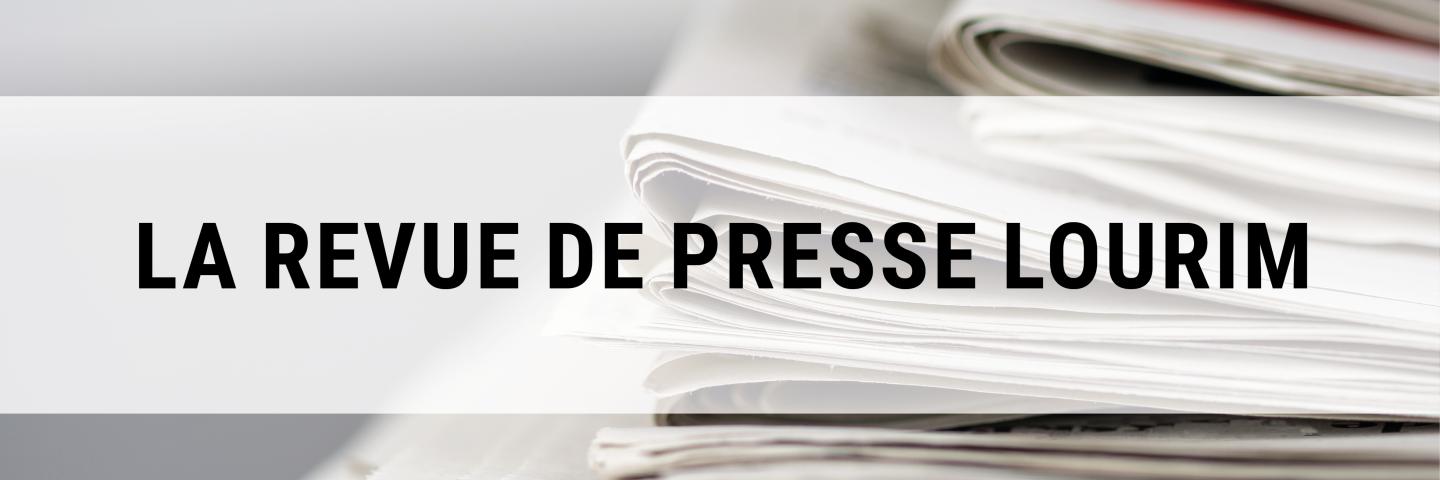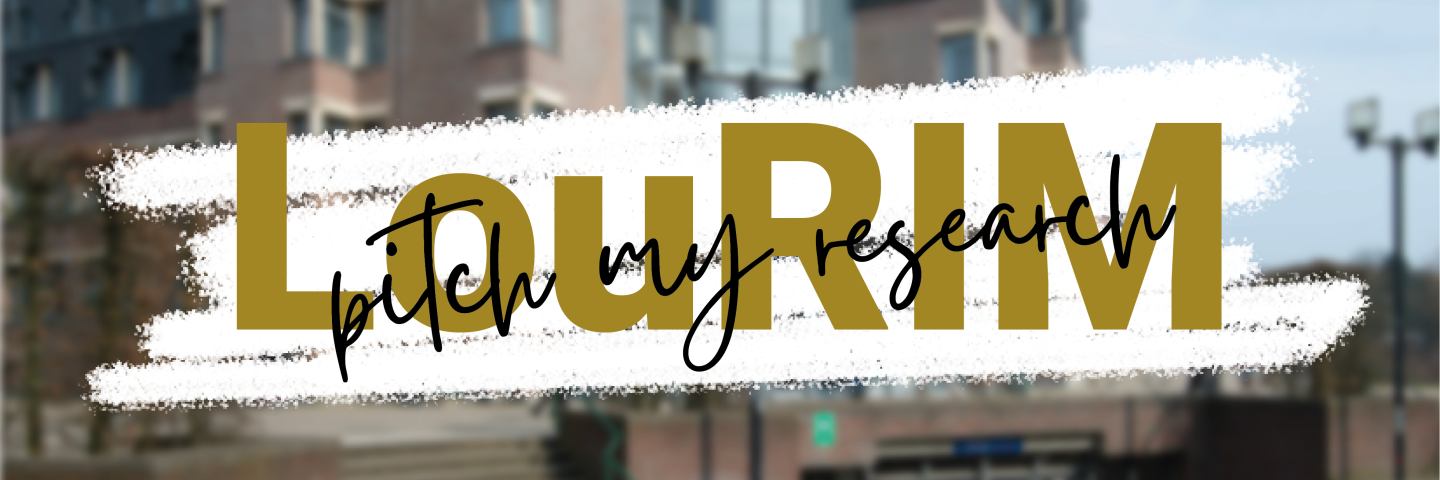
Research Seminar: On the embodied origins of product and environmental experience

Since the introduction of the embodied cognition framework in cognitive linguistics and social psychology, a large body of research has demonstrated linkages between everyday bodily experiences and evaluations of products, brands, and environmental settings. Based on recent findings from his research team, in his talk, Thomas van Rompay will navigate across these different disciplines and reflect on the implications for branding and design practice with a special focus on healthy lifestyle development and wellbeing.
ACCESS ON TEAMS
Thomas van Rompay bio

Thomas van Rompay is department chair and associate professor at the Department of Communication Science of the University of Twente (UT) in the Netherlands. He has a background in cognitive psychology. After obtaining his master degree at Leiden University, he pursued his PhD at Delft Technical University, Department of Industrial Design Engineering where he studied design experience from an embodied cognition perspective. Since 2005, he works at The University of Twente. His current research projects take place on the threshold of design and psychology where he studies influences of environmental design and technology on health and well-being, and the potential of innovations in packaging design (multisensory design and 3D printing) for promoting responsible (food and beverage) consumption.

Doctoral course - Justice climatique : Application de la règle de solidarité des avaries communes au changement climatique ?

Ce cours doctoral abordera la thématique de la justice climatique, en explorant comment les politiques de lutte contre les dérèglements climatiques et autres périls écologiques peuvent être conçues de manière juste et équitable.
Blanche Ségrestin Bio (from MINES Paris)
 Blanche Segrestin est enseignant-chercheur au sein du Centre de Gestion Scientifique (CGS) de MINES ParisTech.
Blanche Segrestin est enseignant-chercheur au sein du Centre de Gestion Scientifique (CGS) de MINES ParisTech.
Avec Kevin Levillain, elle coordonne les travaux de la Chaire Théorie de l’Entreprise – Modèles de gouvernance & création collective.
Blanche Segrestin s’est vue décerner fin 2019 le prix du livre RH 2019 pour son ouvrage co-écrit avec Kevin Levillain, « La mission de l’entreprise responsable – Principes et normes de gestion ».

Research seminar: Handle with care! Unveiling the tricky navigation of care in coaching & the risk of epistemic harm

ACCESS ON TEAMS
Despite substantial growth over the past three decades, coaching as a learning and developmental intervention remains marked by numerous inconsistencies, often leaving practitioners perplexed. This ambiguity is particularly pronounced in the realm of care within coaching, a pivotal yet often overlooked aspect. While care initially appears central in this value-laden profession, it remains a nebulous and unsubstantiated concept. In response, our qualitative study investigates coaches’ representations of care. Through the analysis of 30 interviews, we reveal that care is nuanced and fraught with complexity for practitioners, identifying four primary challenges with care. Care appears amorphous; multifaceted; incongruent and harmful. We therefore argue that coaches’ limited awareness of care not only results in confusion but, in some cases, creates potential harm, underscoring the need for heightened epistemic clarity regarding care in coaching. Our study makes two contributions: firstly, it enriches the under-developed concept of care within the coaching discipline and delineates conditions to position coaching as a caring profession through enhanced epistemic reflexivity; secondly, it provides educational and practical recommendations aimed at improving professional practice among coaches.
Pauline Fatien Bio (from Grenoble EM)
 Pauline Fatien Diochon is Associate Professor at People, Organizations and Society Department, Grenoble Ecole de Management (France). Her research explores the ethical, spatial and political dimensions of organizational phenomena, such as leadership development (especially coaching) and collaborative spaces. She holds a PhD in Management from HEC School of Management (Paris, France) and has an international academic career in the USA and Colombia.
Pauline Fatien Diochon is Associate Professor at People, Organizations and Society Department, Grenoble Ecole de Management (France). Her research explores the ethical, spatial and political dimensions of organizational phenomena, such as leadership development (especially coaching) and collaborative spaces. She holds a PhD in Management from HEC School of Management (Paris, France) and has an international academic career in the USA and Colombia.

Research Seminar: Le management par le care n'est-il qu'un management des temps de crise ? Conceptualiser le management par le care par l'étude des managers du monde médico-social

ACCESS TEAMS
Face aux crises multiples qui frappent le secteur de la santé, cet article vise à caractériser le management par le Care en considérant les propriétés de la relation “ manager-soignant ” fondées sur la disposition des acteurs à porter une attention particulière à la vulnérabilité humaine, et les pratiques de restauration de l'identité des soignants concernés.
Par l'analyse de 23 entretiens avec des cadres français travaillant sur la prise en charge des personnes dépendantes, réalisés de novembre à 2020 à mars 2021, nous identifions six dimensions de la relation cadre-soignant : (i) le souci des autres, (ii) le souci de répondre aux besoins des personnes vulnérables, (iii) le souci de répondre aux collègues fragilisés par la situation, (iv) le travail de réhabilitation des soignants (v) le soutien à la restauration de l'identité des soignants dans leur travail auprès des personnes vulnérables, et (vi) l'activation des nouvelles ressources énergétiques produites par la mobilisation des relations d'interdépendance et de soins réciproques.
Nous suggérons que le management par le Care soutient la capacité à porter une attention particulière à l'autre et à sa vulnérabilité, et à assumer une responsabilité managériale en maintenant ou en restaurant la capacité des collègues à aider les plus vulnérables en favorisant des liens collectifs fondés sur des valeurs de Care et de solidarité.
Enfin, nous discutons nos contributions en identifiant trois caractéristiques clés du Management par le Care
This seminar will be held in French
Caroline Ruiller Bio (from IGR-IAE Rennes)
 "Mes recherches portent sur les comportements en organisation et la qualité de vie au travail : télé-management, télétravail et conciliation vie professionnelle / vie familiale, engagement, rôles professionnels. Mes terrains de recherches sont les institutions du champ sanitaire et social ainsi les TPE/PME/GE. Les méthodes que je mobilise sont qualitatives et quantitatives."
"Mes recherches portent sur les comportements en organisation et la qualité de vie au travail : télé-management, télétravail et conciliation vie professionnelle / vie familiale, engagement, rôles professionnels. Mes terrains de recherches sont les institutions du champ sanitaire et social ainsi les TPE/PME/GE. Les méthodes que je mobilise sont qualitatives et quantitatives."
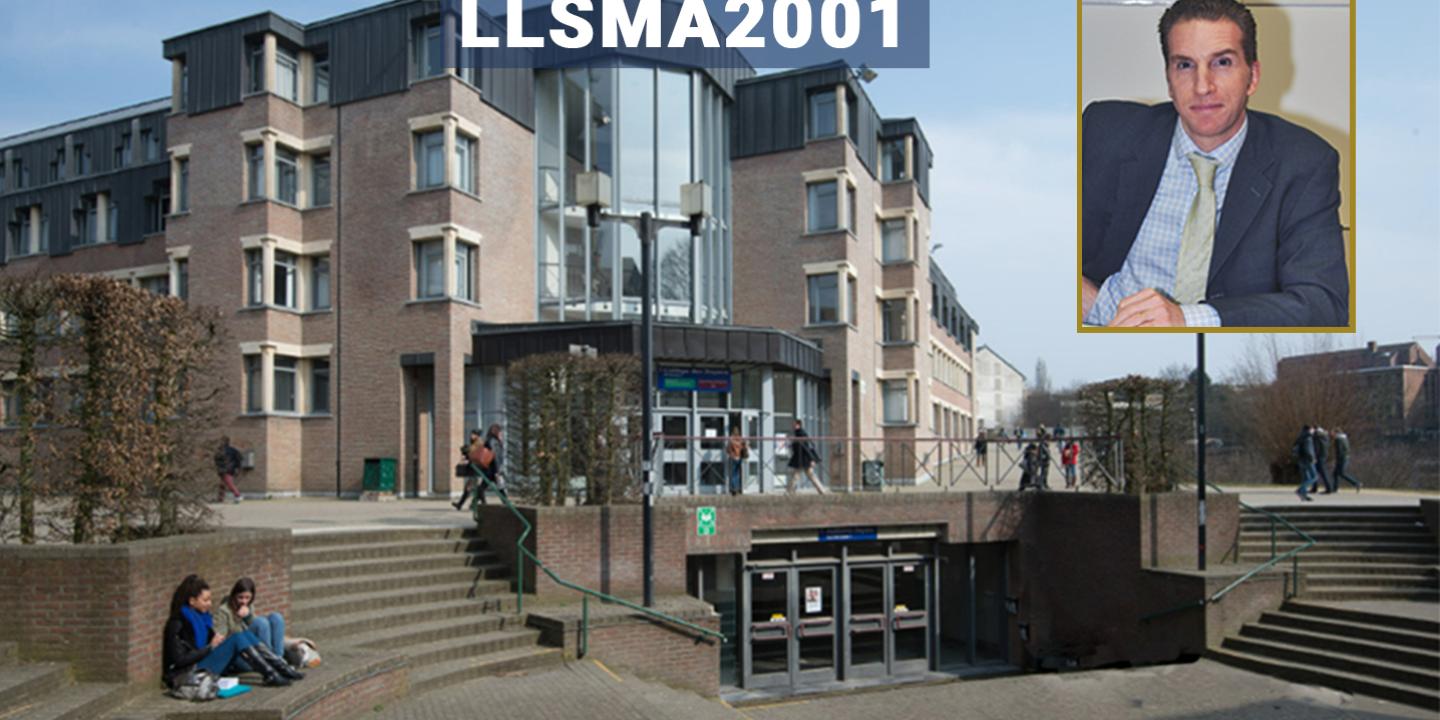
Doctoral Course - Epistemology of Management

LLSMA2001 - Epistemology of Management – 5 ECTS
Prof. Matthieu de Nanteuil
Description
See the full course description here
This course should allow the students to access to a critical theory of knowledge applied to management and, in a wider sense, to all disciplines that belong to management studies. Such a goal is at the same time theoretical and practical: firstly, it should help students understand how a "management science" has been progressively invented, what are the challenges and limitations of such a project; secondly, it will introduce the participants to the main debates in the epistemological field, mixing fundamental and applied epistemologies; thirdly, it will give them reflexive roots to fulfill their research in management studies.
Schedule
Exact schedule will be added soon
Registration
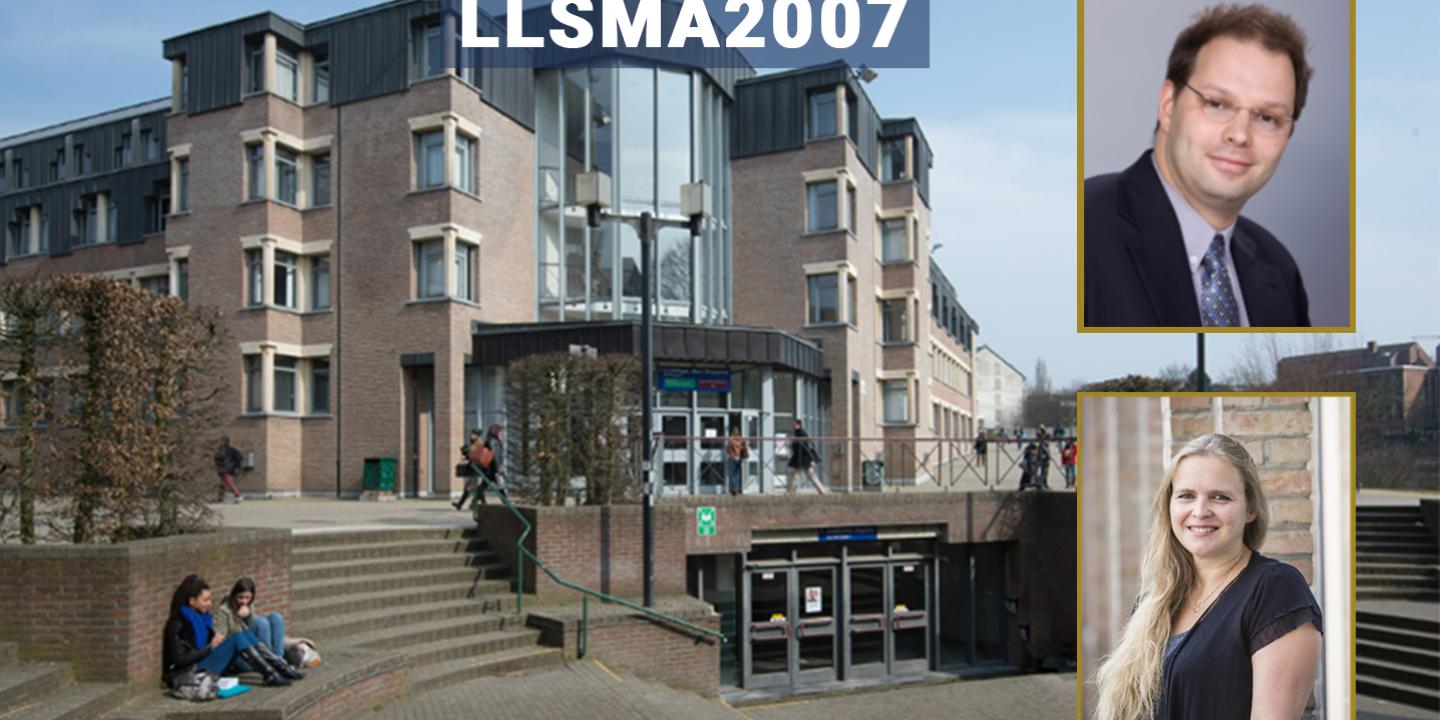
Doctoral Course - Communication and Writing Skills

LLSMA2007 - Communication and Writing Skills – 5 ECTS
Prof. Valérie SWAEN & Manuel KOLP
Description
See the full course description here
COURSE OBJECTIVES
The objective of the course is to help young researchers in management get a better understanding of the peer reviewed publication process and develop their academic writing skills. This course provides transversal competences to doctoral students and future researchers – i.e. competences that are useful regardless of their specific topic and discipline. During this seminar, students will learn how to write a literature review, an academic paper; how to get published and how to present a research paper.
At the end of the course, students should be able to:
- prepare a research plan and an academic paper;
- write a paper following the academic standards;
- review an academic paper;
- pitch his/her research;
- present a research seminar ;
- build online profiles and web presence
COURSE CONTENT
The different topics that will be covered in this course are the following ones:
- Defining what makes a good research idea?
- Designing your literature review (Searching for literature; Quality of journals; Writing the literature review…)
- Developing your research design (Conceptual model, hypotheses, methodology…)
- Writing your paper: what and how? (Structure of an academic paper; Writing an abstract; Writing the basic sections: data collection, findings, discussion, conclusion, limitations and future research; Positioning a research and defining contributions; Common mistakes of novice writers…)
- Publishing process (Soliciting for feedback; Developing research papers; Selecting an appropriate journal; Order of authors; Making the paper ready for submission; …)
- Reviewing your paper
- Presenting your research in a research seminar
- Pitching your research to a non-expert audience
- Becoming an impactful academic
- Using Web Tools and establishing web presence and visibility
COURSE ORGANIZATION
Students are expected to prepare the writing/reading assignment and think about the topics before each session. They are also expected to contribute in an informed, critical and innovative manner during the sessions.
EVALUATION METHODS
Different assignments will be asked from students:
- writing a working paper following the academic standards (see specific guidelines posted on Moodle);
- presenting this working paper (see specific guidelines given in class);
- reviewing a paper written by another student and discussing it after the oral presentation/poster.
The assessment of your performance will be composed of the following elements:
- Quality of the written working paper (65%)
- Quality of the oral presentation of your working paper (20%)
- Quality of your review and discussion of a classmate paper (15%)
Schedule
|
Date |
Time |
Location |
|
|
|
Tuesday, February 04, 2025 |
8.30 - 11.45 am |
DOYEN 21 |
|
|
|
Wednesday, February 05, 2025 |
8.30 - 11.45 am |
DOYEN 21 |
|
|
|
Tuesday, February 11, 2025 |
8.30 - 11.45 am |
DOYEN 21 |
|
|
|
Wednesday, February 12, 2025 |
8.30 - 11.45 am |
DOYEN 21 |
|
|
|
Tuesday, February 18, 2025 |
8.30 - 11.45 am |
DOYEN 21 |
|
|
|
Wednesday, February 19, 2025 |
8.30 - 11.45 am |
DOYEN 21 |
|
|
|
Tuesday, February 25, 2025 |
8.30 - 11.45 am |
DOYEN 21 |
|
|
|
Wednesday, February 26, 2025 |
8.30 - 11.45 am |
DOYEN 21 |
|
|
|
Tuesday, March 4, 2025 |
8.30 - 11.45 am |
DOYEN 21 |
|
|
|
Wednesday, March 5, 2025 |
8.30 - 11.45 am |
DOYEN 21 |
|
|
|
Tuesday, March 11, 2025 |
8.30 - 11.45 am |
DOYEN 21 |
|
|
|
Wednesday, March 12, 2025 |
8.30 - 11.45 am |
DOYEN 21 |
|
|
A presentation day is organized in June
Schedule to be confirmed.
Registration
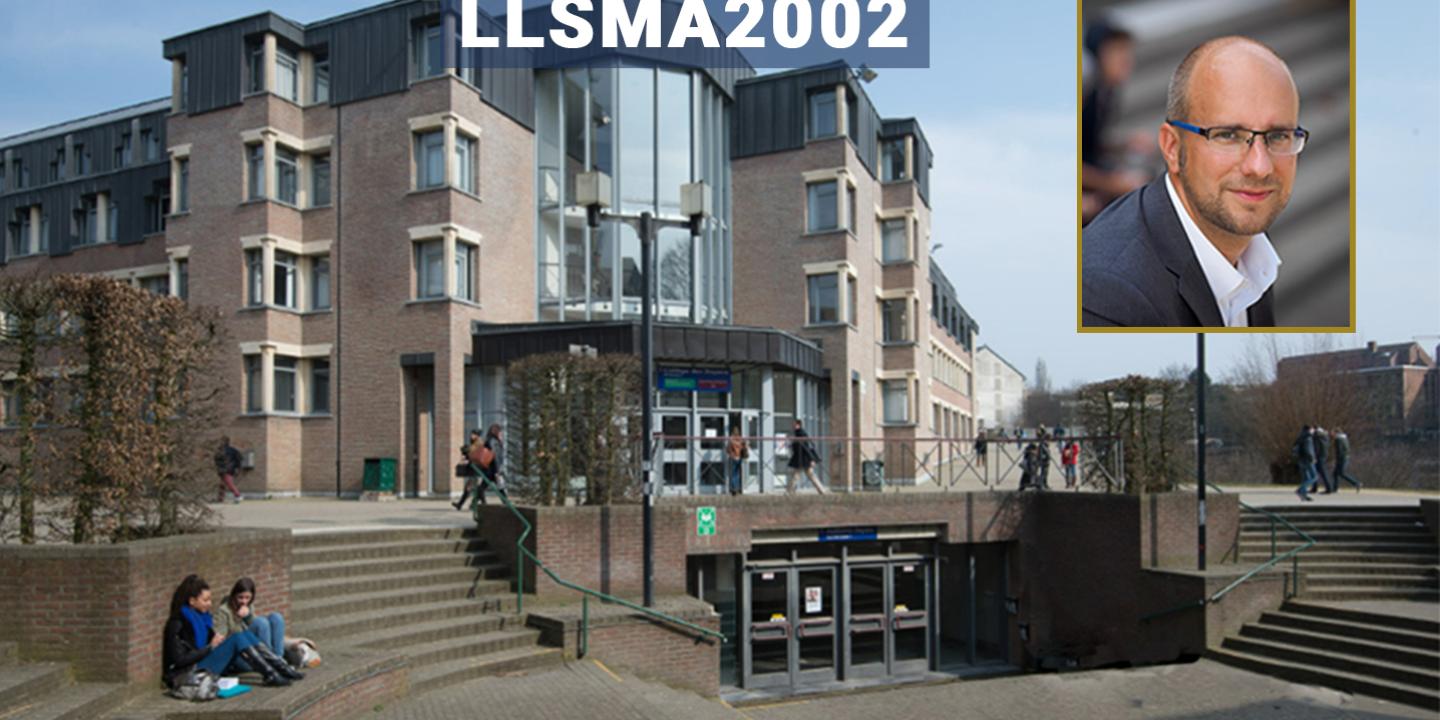
Doctoral Course - Research Methods (Part 2): Qualitative Research Methods 2024

LLSMA 2002 - Research Methods (3 parts) – 10 ECTS
If you register and pass for the block of 3 courses => 10 credits
If you choose and pass the courses separately => 3 credits each
Part 1 : Advanced Discrete Optimization (Daniele Catanzaro)
Part 2: Qualitative Research Methods (Laurent Taskin)
Part 3: Quantitative Research Methods (Vincenzo Verardi)
Description
See the full course description here
Qualitative Research Methods
- General characteristics of qualitative approaches
- Research design and data collection
- Interview Guide and questioning
- Analyzing and making sense of data
- Data Quality Control
- Reflexivity and heterodox approaches
- Ethnographic and Visual Approaches
Schedule
| Wednesday, February 5, 2025 |
2.00 pm - 5.30 pm |
LECL 83 |
| Wednesday, February 12, 2025 |
2.00 pm - 5.30 pm |
LECL 83 |
| Wednesday, February 19, 2025 |
2.00 pm - 5.30 pm |
LECL 83 |
| Wednesday, February 26, 2025 |
2.00 pm - 5.30 pm |
LECL 83 |
| Wednesday, March 5, 2025 |
2.00 pm - 5.30 pm |
LECL 83 |
| Wednesday, March 12, 2025 |
2.00 pm - 5.30 pm |
LECL 83 |
Registration

Research seminar: Industry Collaborations for Disruptive Sustainability: Exploring a Dialogue on Fossil Fuel Collaborations

University-industry collaborations are widely acknowledged as a way for universities achieve their impact and sustainability goals. In achieving these goals universities can support a sustainable energy transition and related disruptions. However, divergent views on how universities can and should act as disruptors in the sustainable energy transition have recently emerged. This study examines the University of Amsterdam’s formally organized 6-month long dialogue on whether it should collaborate with the fossil fuel industry. Based on an in-depth qualitative study, we identify three forms of perceived responsibilities – moral, academic, and impact – that led to six key tensions. We outline six conditions where universities need to make decisions on how to address very polarized views. Our study offers novel insights to scholars of university-industry relations as well as disruptive sustainability.
Arno Kourula Bio (from University of Amsterdam Business School)
 Kourula obtained his PhD from the Aalto University School of Business in Finland in 2009. The title of his dissertation was Company Engagement with Nongovernmental Organizations from a Corporate Responsibility Perspective. Between 2010 and 2015, he was a Postdoctoral Research Fellow at Stanford University and Fellow at the Copenhagen Business School. He joined the Amsterdam Business School in 2012. As a lecturer, he has been active in the development of new courses and programmes. In 2020 he co-founded the Sustainability Honours Programme for students enrolled in the MSc Business Administration. Since 2017 he has been the director and later co-director of the ABS Sustainability Initiative.
Kourula obtained his PhD from the Aalto University School of Business in Finland in 2009. The title of his dissertation was Company Engagement with Nongovernmental Organizations from a Corporate Responsibility Perspective. Between 2010 and 2015, he was a Postdoctoral Research Fellow at Stanford University and Fellow at the Copenhagen Business School. He joined the Amsterdam Business School in 2012. As a lecturer, he has been active in the development of new courses and programmes. In 2020 he co-founded the Sustainability Honours Programme for students enrolled in the MSc Business Administration. Since 2017 he has been the director and later co-director of the ABS Sustainability Initiative.

